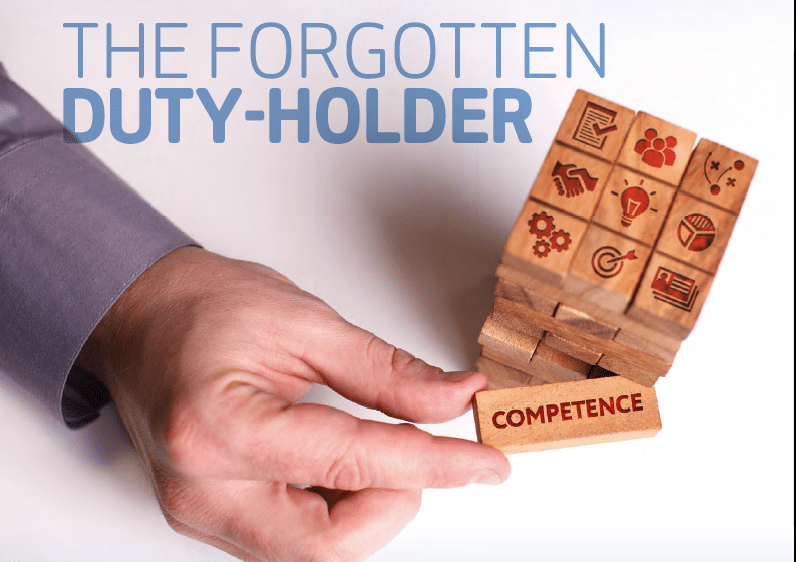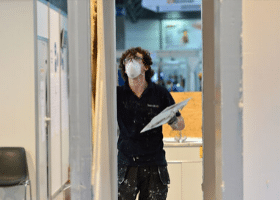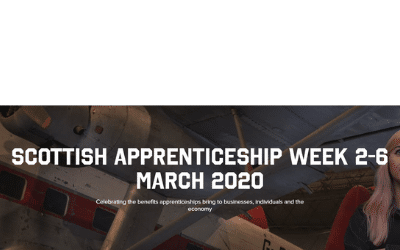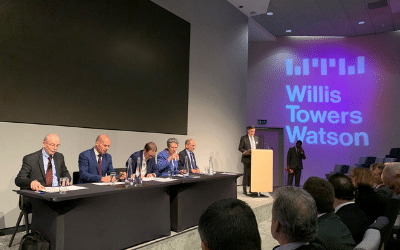FIS Associate Member ForrestBrown explains how the upcoming financial year-end could be an opportunity for members to get cash back from the tax man.
If your accounting year-end is 31 March, it’s worth reading this. If you are an innovative business, this is your deadline for claiming an R&D tax credit for your 2017/18 accounting period.
If you don’t think you’re innovating, many companies are surprised to learn that they qualify for this valuable source of funding, so it could pay to double-check. In fact, ForrestBrown has helped FIS members members receive over £3.5m in R&D tax credits.
Why do you need to act now?
You have two years from the end of your accounting period to submit an R&D tax credit claim for qualifying expenditure you’ve incurred in that period. Once the clock strikes midnight on 31 March 2020, you can no longer recoup any of the money spent on qualifying activities between 1 April 2017 and 31 March 2018. If you have already made a claim for this period but want to be sure you haven’t missed out on any untapped value, this same deadline applies for reviewing a claim too.
How do they work?
R&D tax credits are a government tax incentive designed to encourage innovation in the UK. The government rewards limited companies that are innovating because it knows that doing so brings significant benefits to the wider UK economy.
As a tax incentive, R&D tax credits are only available to companies that are liable to Corporation Tax.
You also have to be undertaking R&D, and have spent money on it. If you have developed new or improved products, processes, or services, you may be carrying out qualifying activity.
Examples of R&D in the finishes and interior sector include:
- Designing a glass partitioning system that meets certain acoustic requirements.
- Developing installation methods to accommodate the refurbishment of a listed building.
- Installing new partitioning systems that are sympathetic to the existing infrastructure.
What are they worth?
According to HMRC who administer the claims, the average R&D tax credit value to SMEs is £53,714. That’s cash that could spark the next big project, or fund the final push in creating something remarkable.
How much R&D tax credits are worth depends on how much money you have spent on qualifying R&D activity. You can include the following costs in your claim: staff, subcontractors, materials, and consumables (such as heat, light and power).
SMEs can recoup up to 33p for every pound spent on qualifying expenditure using the SME R&D tax credit scheme. This means if you have qualifying costs of £500,000, you could receive a benefit worth £166,750.
Large companies can recoup almost 10p for every pound spent using RDEC (research and development expenditure credit). This means if you have qualifying costs of £1,000,000, you could receive a benefit worth £97,200.
As one FIS member we’ve worked with for several years explains: “ForrestBrown always ensure our claim is fully maximised. They are experts when it comes to understanding HMRC’s guidelines, so we always have peace of mind that our claim will meet HMRC’s requirements.”
Don’t let your grant funding stop you
There is a misconception that the receipt of a government grant prevents you from claiming R&D tax credits. This is not true.
Instead, we would suggest that if you are grant-funded, you should certainly consider claiming R&D tax credits. How much your R&D tax credit is worth will depend on the nature of your grant – and whether you are able to make an SME, RDEC, or hybrid claim.
How to beat your 31 March deadline
It’s best to work with true experts in this specialist area when submitting a claim. They will optimise the value of your claim. This means including everything that is valid, whilst also ensuring it can be robustly backed up should HMRC challenge it.
ForrestBrown is a member of FIS and has already delivered £3.5m for fellow members. To find out how much a claim could be worth to your business, get in touch with ForrestBrown Director and Chartered Tax Adviser Adam Kotas on 0117 926 9022 or via email at a.kotas@forrestbrown.co.uk

















